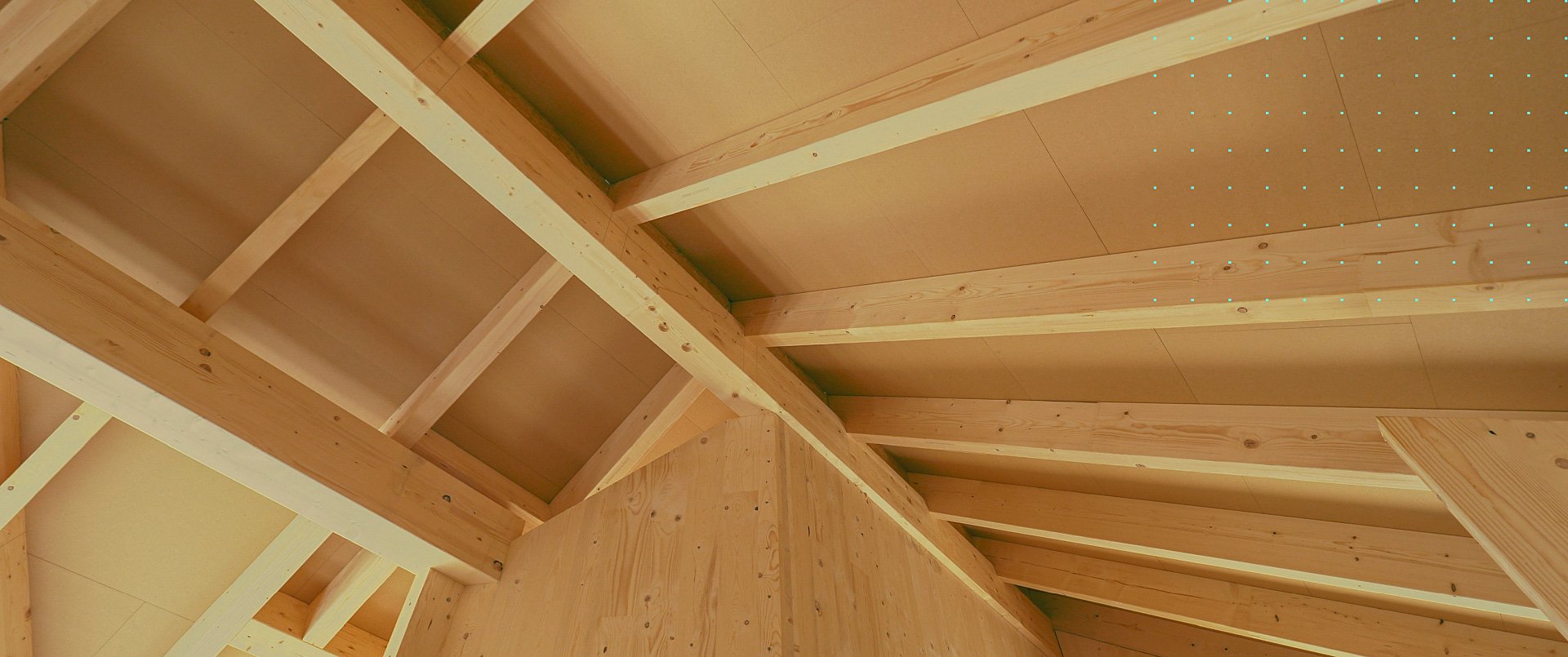
Bringing Lean efficiency to construction
3 MINUTE READ
Frustrated at the limited availability of Cross Laminated Timber (CLT), one ambitious construction company decided to solve the problem by manufacturing their own. Secora ensured their new factory was run as ‘Lean’ as possible, minimising cost risk and radically compressing the project launch cycle.
THE PROJECT
To apply Lean Construction, Lean Manufacturing and Lean Life Cycle Cost Optimisation principles to the design and construction of an offsite prefabricated CLT facility and operating model.
To provide the client team with internal Lean training and continuous improvement capabilities.
WHO WE’RE WORKING WITH
A forward-looking property and infrastructure company with a commitment to implement industry best practice, with their sights set on becoming the regional leader in innovation, offsite solutions and sustainable development.
Secora’s work in the construction sector covers the maintenance and operation of existing infrastructure for utilities, loading terminals, dockside, ports, rail and power stations. We reduce project risk, delivery cost and completion times whilst mitigating cost and schedule blow-outs to achieve accelerated positive cash-flow.
THE CHALLENGE
The primary aim of the project was to provide Lean Construction, Lean Manufacturing and project management support to the client as they established the first fully capable CLT processing facility in Australia. This included ensuring that the facility was delivered on time and at target delivery cost, and that the operation achieved targeted capacity output, processing cost and quality levels.
After reviewing the project design and engineering requirements, the project team identified that the application of Advanced Product Quality Planning (APQP) would provide the basis for a compressed planning stage and – in turn – project launch cycle.
APQP is a Lean Manufacturing based, integrated product and process development methodology that drives front-loaded design and design development activities. This ensures the minimisation of down-stream program and cost risk. It is perfectly suited to offsite and modular production systems because it has been thoroughly tried and tested in the automotive industry.
The application of the APQP methodology allowed the manufacturing process (including factory layout, logistics, training requirements and internal capabilities) to be developed in parallel with the facility design being finalised and frozen, to cut the time to delivery.
The implementation of APQP tools and processes such as Design Failure Mode and Effect Analysis (DFMEA) and Design for Manufacturing and Assembly (DFMA) were also used in parallel with Lean techniques such as Just in Time Sequencing to ensure both construction and operational efficiency.
The Secora team also provided basic Lean training to build internal productivity and continuous improvement capabilities and to ensure project sustainability. The trained team members then set up operational control systems such as visual management centres which drove daily activity.

Cross Laminated Timber (CLT) has been dubbed the concrete of the future. As a highly resilient form of engineered wood, CLT is reshaping expectations for architecture and sustainability today.
THE RESULT
The project outcomes were extremely positive.
The Secora team worked closely with the client team to significantly compress the CLT facility design and planning stages whilst also minimising project delivery and operational risk.
The success of the Lean APQP manufacturing methodology confirmed our belief that the current major challenges being faced by the construction industry – productivity, risk and project management – have already been faced and overcome by the automotive industry over the last 20 years.




